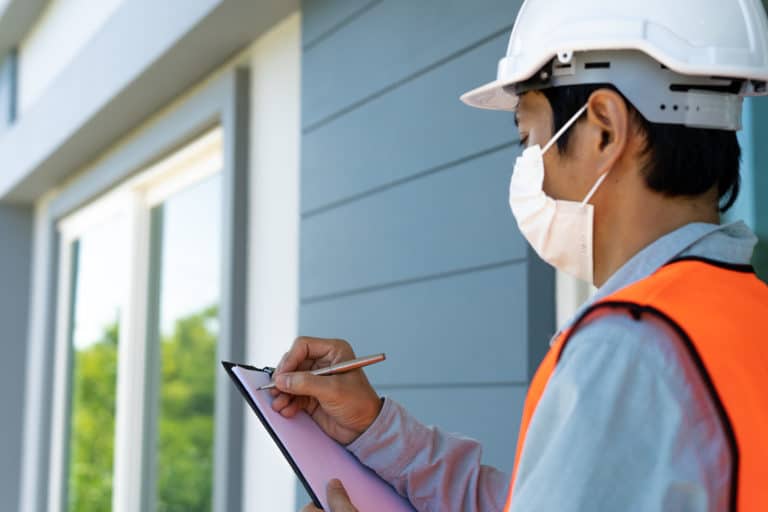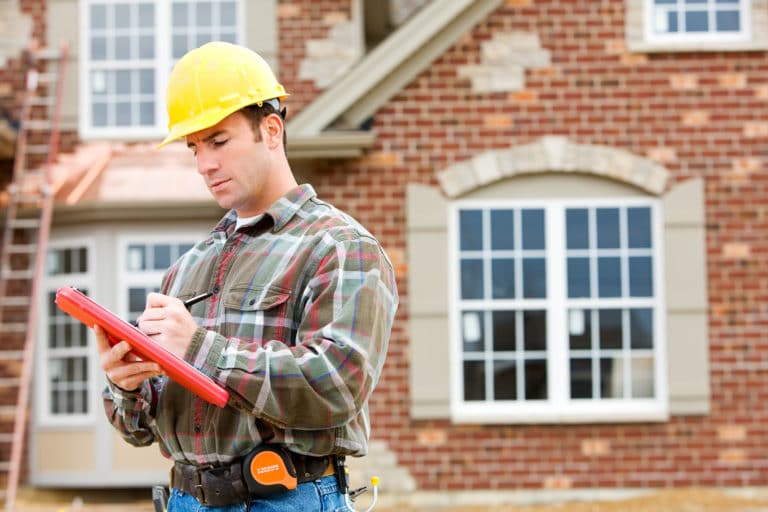How Home Inspectors Check for Mold
Do Home Inspectors Check for Mold?
Do home inspectors check for mold? Yes, they do! As part of the normal home inspection process, inspectors typically check for mold and mildew.
Mold isn’t just an unsightly growth. Mold inside of a home can cause a number of health problems, making it difficult to breathe, exacerbating allergies, and weakening your immune system.
Whether you’re buying a new home or simply want to assess the safety of your current home, hiring a home inspector is the way to go. Home inspectors can examine your electrical wiring, look for problems with the foundation, and inspect your roof.
Do home inspectors check for mold in addition to other residential issues? They certainly do! It’s useful to understand how this process works and what to expect.
Read on to learn everything you need to know about how home inspectors check for mold and what your next steps should be.
How Do Home Inspectors Check for Mold?
What expertise can a home inspector bring regarding mold? Home inspectors are adept at spotting trouble areas in any property and can recognize both signs of mold and of potential mold growth. They will check for two of the most common sources of mold during the inspection: issues with the plumbing and leaky roofs or windows.
Plumbing Issues
Mold grows best in areas that are consistently humid and high indoor humidity often results from problems with the plumbing. Leaking pipes and faucets provide a steady stream of water that leads to puddles and an overall damp feeling.
Your home inspector will pay close attention to bathrooms, kitchens, basements, and crawl spaces. They will look for signs of water damage in the cabinets, on the floor, and on the walls. They will also inspect the tile and porcelain in the bathroom for signs of mold in the grout or near the drain.
Leaky Roofs or Windows
Another possible source of mold-inducing water damage is leaking roofing or windows. Your home inspector will check the roof and windows for clear, basic signs of damage.
Fallen or broken shingles can cause leaking, as well as cracked or damaged flashing. It is also possible that a badly damaged chimney, as well as soffit or fascia damage, can also lead to internal water damage. In some cases, even a gutter that has been long-neglected and is clogged with debris may fail to redirect water away from the home, leading to leaking in the walls.
Inspectors will look for cracked or broken windowpanes throughout the property. Older windows may not have a tight seal, which means that they are not properly protecting the interior from the elements.
Do You Need a Mold Test?
Mold testing is designed to detect mold that isn’t visible to the naked eye and identify the type of mold in your home. The reality is that if you or your home inspector can see mold growth, you really don’t need a mold test. Keep in mind that mold tests do come with a price tag, so don’t bother asking for one if you already know that mold is present.
According to the EPA, determining the type of mold in your home isn’t beneficial. No matter the variety, mold should always be eradicated as quickly as possible. There are no species-specific cleaning methods you need to worry about–you can tackle every type of mold with the same cleaning supplies and methods.
When might a mold test benefit you?
If you’re purchasing an older property that appears to have a great deal of water damage but no visible mold, you may want to get a mold test. This will help you determine how much work the home will need after you’ve moved in.
If you notice a mildewy smell in your home but can’t seem to find mold anywhere, you may want to get a mold test. Any mold that is trapped in the walls or floors requires removal, but you don’t want to start demolishing your property without just cause.
What Steps Should You Take if Your Home Inspector Finds Mold?
Let’s say that your home inspector does find mold. What are the next steps that you should take? To what lengths will your home inspector help you during this process?
Mild Cases
For mild cases, there are two important steps that you should take: addressing the source and cleaning the mold.
For example, if a leaky pipe is the culprit, make sure that you repair or replace the pipe. Once that is complete, you can take the necessary steps to clean the mold that has already set in. If the mold is contained and its source is cut off, you will find that it is easy to deal with on your own.
Serious Cases
Serious cases of mold, of course, call for serious measures. If your Golden Gate home inspector discovers a serious mold problem on your property, he or she will escalate the case to a licensed environmental contractor for further inspection and abatement.
If mold has taken over a large area of the home or grown into hard-to-reach places like the insulation, you will need professional help. In most cases, professionals will block off affected areas during treatment to prevent the spread of mold spores. They may also use HEPA air filters and vacuums in order to clean affected surfaces and purify the air.
Hire a Home Inspector Today
Do home inspectors check for mold? The answer is yes. In fact, checking for mold is one of the most important aspects of inspecting any property to verify safety and identify problem areas.
If you are in the Bay Area and need to hire a home inspector for your future or current property, Golden Gate Home Inspections is here to help. We pride ourselves on being some of the most thorough inspectors in all of California! To get started, request an inspection or contact us with any questions you may have.








